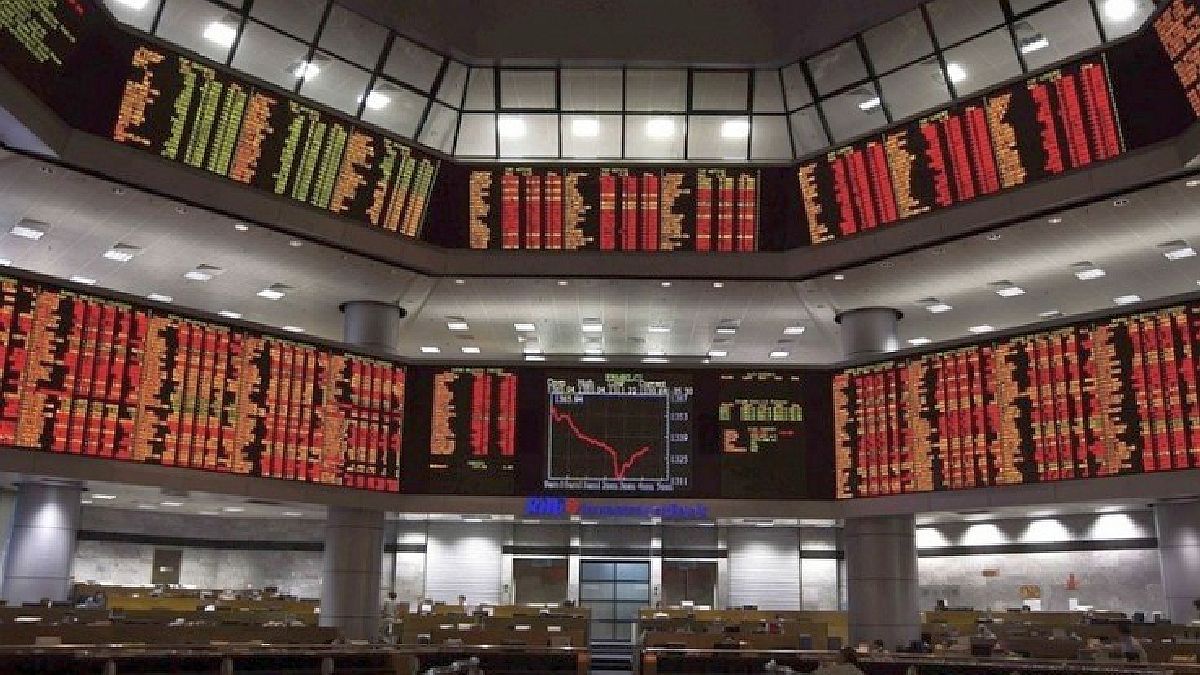Shares of European banks fall in early trading on Monday after the Historic Credit Suisse bailout backed by the Swiss state by UBS, which entailed huge losses for bondholders.
Meanwhile, the central banks World markets stepped up their efforts to bolster cash flow around the world and avoid the kind of seizure that occurred in 2008. UBS agreed on Sunday to pay 3 billion Swiss francs ($3.23 billion) for the 167-year-old Credit Suisse. seniority, and assume up to $5.4 billion in losses. Swiss regulators orchestrated the deal over the weekend.
Faced with the risk of a rapid loss of confidence in the stability of the financial system, a number of central banks agreed on Sunday to bolster cash flow around the world.
JPMorgan said that while UBS would benefit in the long term from the deal, the AT1 bond redemption would affect other European banks.
“We believe that this AT1 write-down by a systemically important bank will have negative implications for the AT1 market for European banks in general, as well as for banks’ global funding profile and cost of capital,” the bank said. Monday in a note JPMorgan strategists Kian Abouhossein and Amit Ranjan.
An index of regional bank stocks fell as much as 6% in early trading on Monday, hitting its lowest level since November. However, cAs negotiations progressed, it cut losses to 1%. The index has plunged about 19% this month, after the recent bankruptcies of several US regional banks prompted a further sell-off in bank shares.
Barclays cut its view on European banks to “neutral” from “positive” on Monday, citing likely increased regulatory scrutiny following the collapse of Silicon Valley Bank and UBS’s deal to buy Credit Suisse.
Deutsche Bank fell 6.2% and Commerzbank lost 4.6% in early trading. French banks BNP Paribas and Société Générale posted declines of around 4.6% and 4.9%, respectively.
Standard Chartered shares were in early trading near the bottom of the FTSE 350 Index, along with Natwest and Barclays, all down 4.2% to 5.2%.
How do European stock markets work?
The financial markets received skepticism on Monday the purchase of Credit Suisse by its rival UBS, a rescue operation orchestrated by the Swiss authorities fearing a destabilization of the global banking system.
The Asian markets closed with losses this Monday (Hong Kong -2.7%, Tokyo -1.4%, Shanghai -0.5%), and at the opening in Europe the markets followed the negative trend.
In Paris the stock market fell 0.63%, in Frankfurt the shares lost 1.10% and in London the market fell 1.17%. In Madrid, the Ibex-35 operated downward with a fall of 0.90% and in Milan the market fell 2.73%.
The negative trend is mainly due to the fall in bank securities, which shows the suspicion of investors in a context in which the collapse of two US entities sparked fears.
Thus, the European stock markets fall this Monday and the shares of Credit Suisse plummeted more than 60%, after UBS agreed to buy the Swiss bank in an operation of 3,000 million dollars, which values it at only a fraction of its value and has sparked fears of a broader banking crisis.
The pan-European STOXX 600 index was down 0.8% by 0807 GMT, after posting its biggest weekly drop of the year on Friday.
Investors have also been spooked by the news that Credit Suisse’s additional Tier 1 bonds, or AT1 bonds, with a notional value of $17 billion, will be valued at zero, This has infuriated some of the debt holders, who thought they would be better protected than shareholders. The European banking index fell 3.2% and reached its lowest level in three months.
Source: Ambito
I am a 24-year-old writer and journalist who has been working in the news industry for the past two years. I write primarily about market news, so if you’re looking for insights into what’s going on in the stock market or economic indicators, you’ve come to the right place. I also dabble in writing articles on lifestyle trends and pop culture news.




